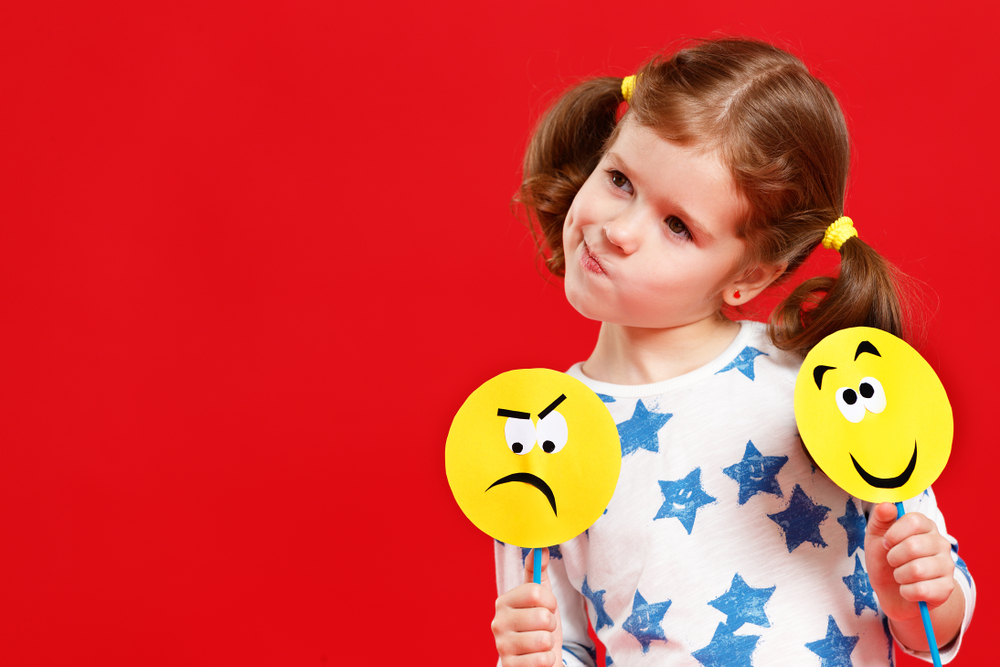Vocabulary development Normal Writing Worksheets for Ages 3-7
6 filtered results
-
From - To
Boost your child's vocabulary with our engaging Vocabulary Development Normal Writing Worksheets designed for ages 3-7. These worksheets focus on enhancing language skills through fun, interactive activities. Kids will explore new words, build sentences, and express their thoughts creatively. Our user-friendly format makes learning enjoyable, allowing children to practice writing while expanding their vocabulary. Perfect for pre-school and early elementary learners, these resources promote cognitive growth, language comprehension, and writing proficiency. Encourage your young learners to communicate confidently with our carefully crafted worksheets! Discover a world of words and watch your child's vocabulary thrive. Start their learning journey today!
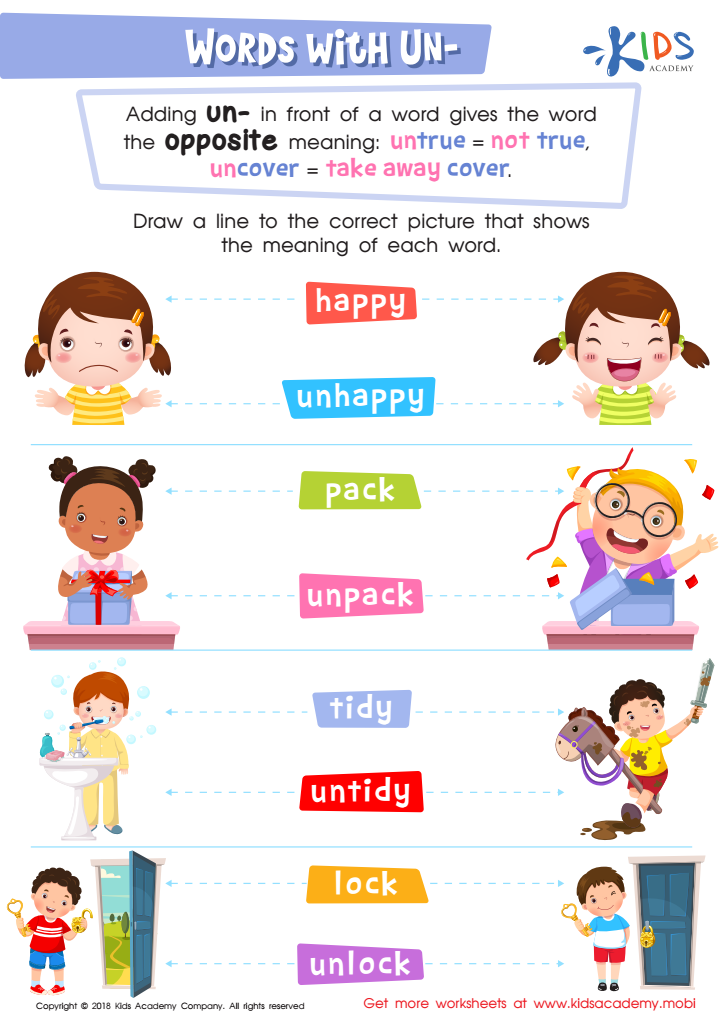

Words with Un– Worksheet
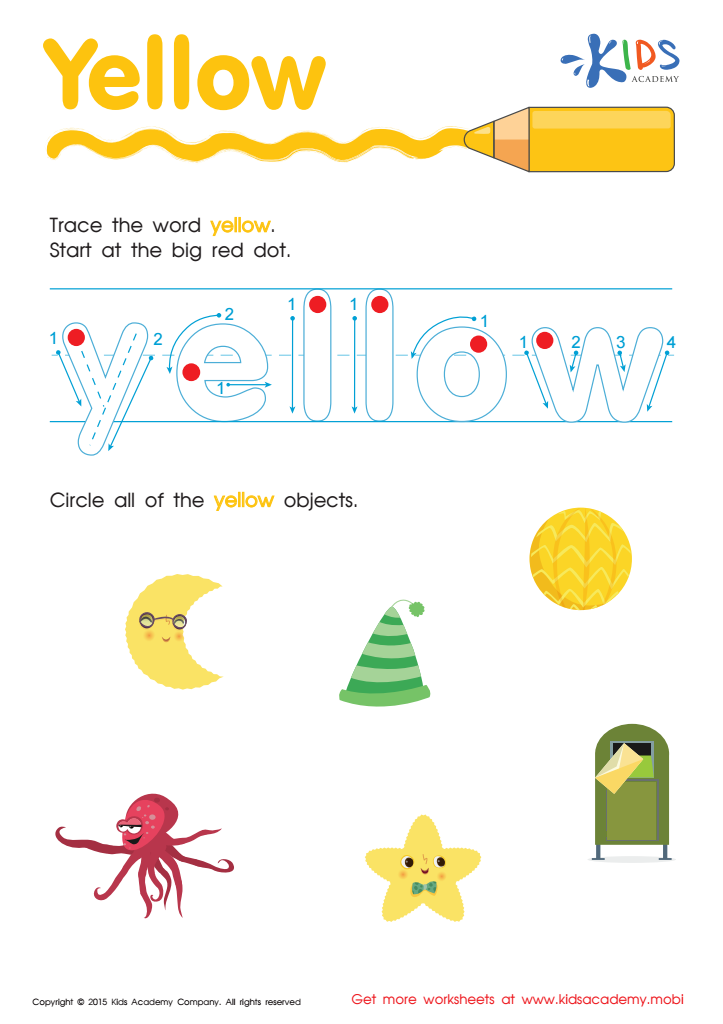

Yellow Tracing Color Words Worksheet
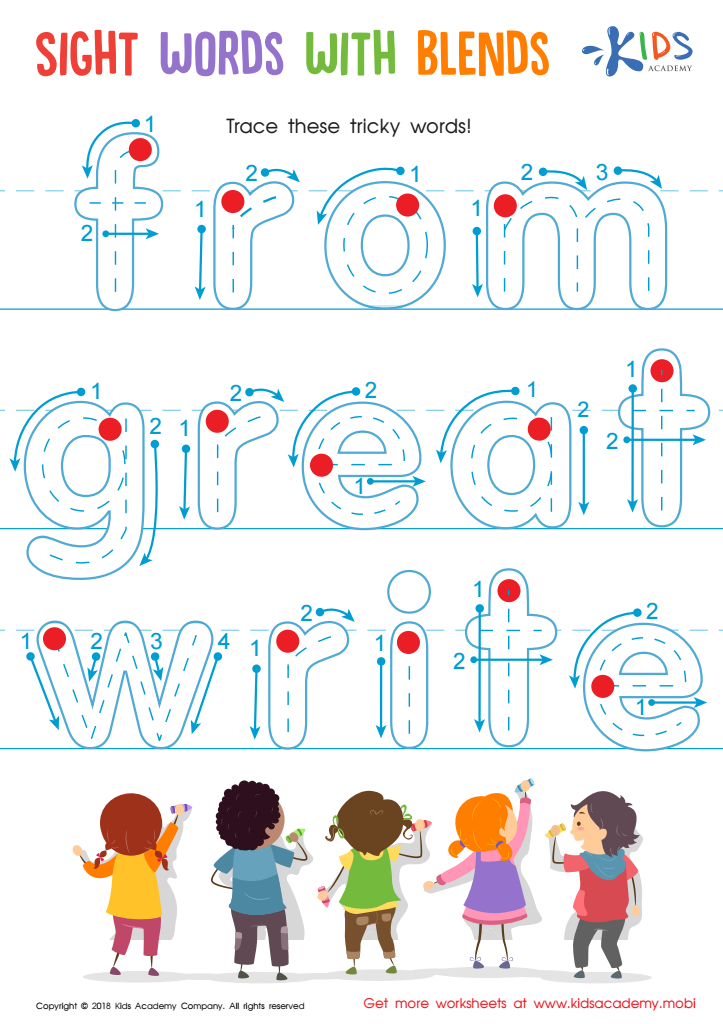

Sight Words with Blends Worksheet
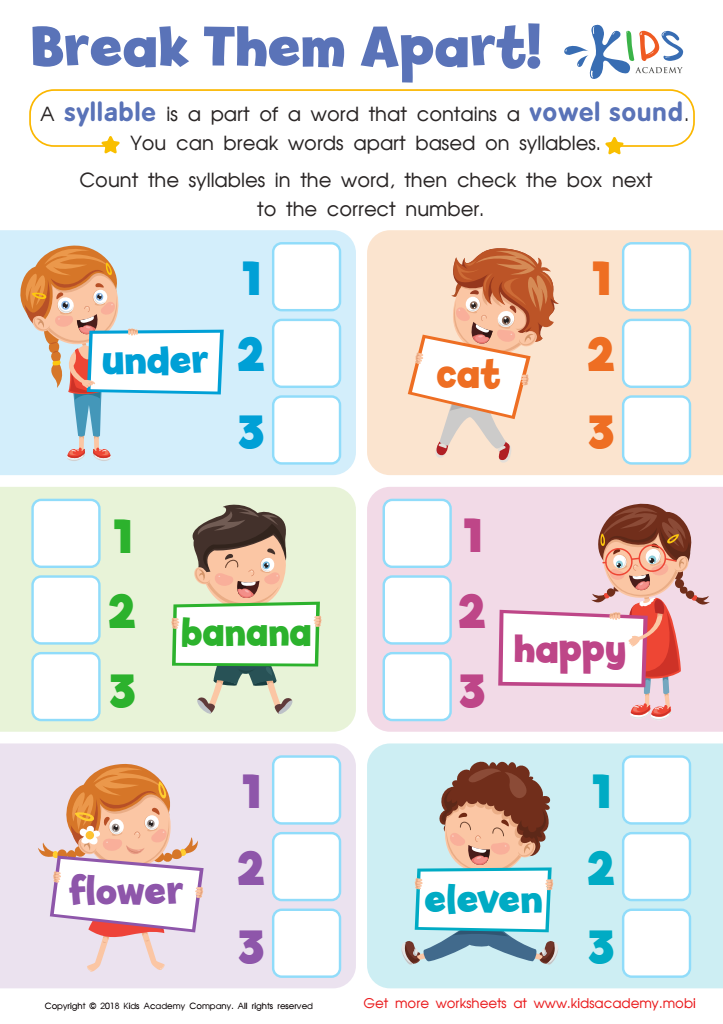

Reading: Break Them Apart Worksheet
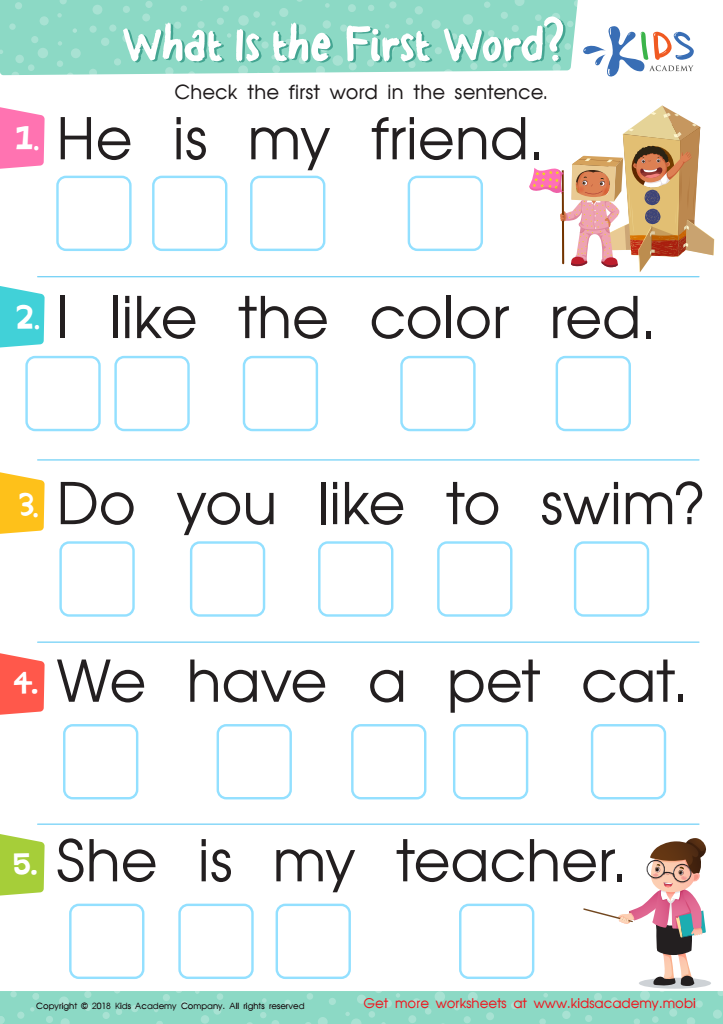

What is the First Word? Worksheet
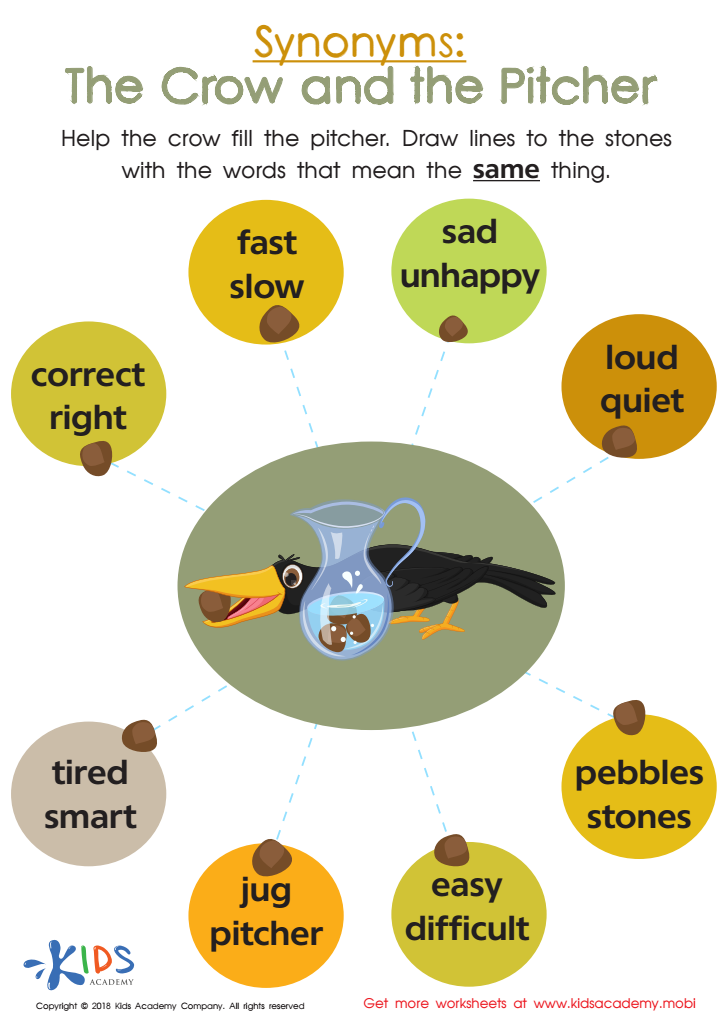

The Crow and the Pitcher Synonyms Worksheet
Vocabulary development is crucial for children aged 3-7 as it lays the foundation for their reading, writing, and overall communication skills. During these formative years, children are rapidly acquiring language, and a robust vocabulary enhances their ability to express thoughts, understand concepts, and engage with others.
Parents and teachers should prioritize vocabulary development because it directly impacts a child's academic success. Children with a rich vocabulary are better equipped to comprehend stories, follow instructions, and participate in discussions. This knowledge fosters better reading skills, enabling them to decode and interpret texts more effectively as they progress through school.
Additionally, a strong vocabulary boosts a child's confidence and social interactions. Those who can articulate their feelings and ideas are more likely to engage with peers and form meaningful relationships. Moreover, vocabulary is linked to critical thinking; as children learn new words, they develop a deeper understanding of the world around them.
By creating a language-rich environment, including reading aloud, playing word games, and encouraging conversations, parents and teachers can support significant vocabulary growth. Investing time and resources into vocabulary development ensures that children are well-prepared for the challenges of education and life ahead.
 Assign to My Students
Assign to My Students




.jpg)
